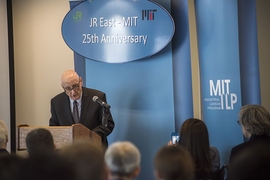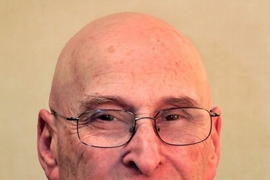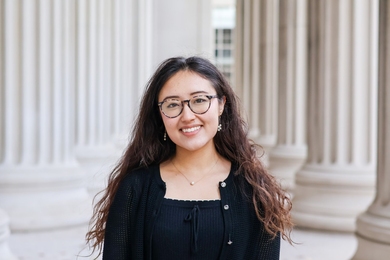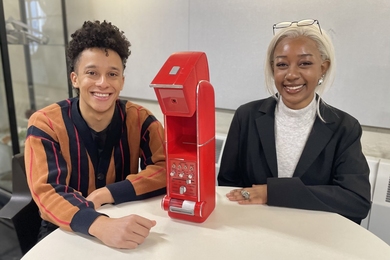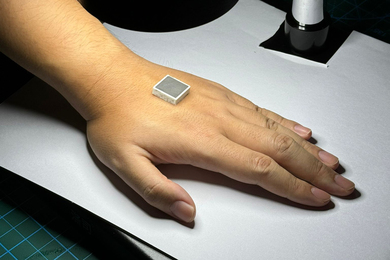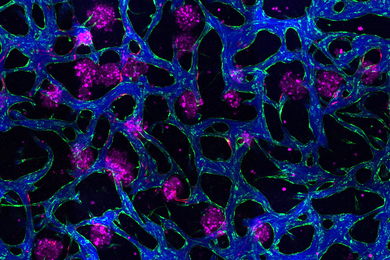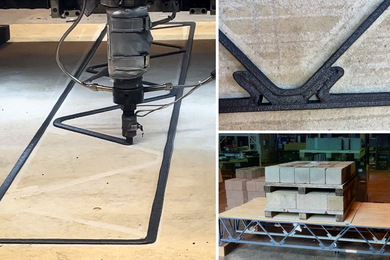Retired MIT Professor Joseph Sussman passed away on Tuesday, March 20, at the age of 79 following a long illness. An MIT alumnus and professor in the Department of Civil and Environmental Engineering (CEE) and the Institute for Data, Systems, and Society (IDSS), Sussman is fondly remembered for his dedication to his students and to the MIT community.
Sussman received a bachelor’s in civil engineering from City College of New York in 1961, a master's of civil engineering from the University of New Hampshire in 1963, and his PhD from MIT in 1967. Shortly after completing his doctoral program, Sussman became a professor in CEE.
Sussman was a professor for over 50 years and served as department head in CEE from 1980 to 1985. In 1991 he was awarded the inaugural JR East Professorship, an endowed chair that spurred the establishment of a long-standing partnership between the East Japan Railway Company (JR East) and MIT. He was awarded the CEE Distinguished Service and Leadership Award in 2017 for his devotion to encouraging a culture of diversity, inclusiveness, and innovation and for embodying the department mission and vision of MIT. At the ceremony, Sussman was honored for his friendship and mentorship to both students and fellow faculty members and for his support of all CEE community events.
“Joe was a special person and colleague. He never hesitated to lend a hand, offer advice, and support students and colleagues,” says Markus Buehler, the McAfee Professor of Engineering and head of CEE. “I vividly remember when I first met Joe during my interview, and later for coffee shortly after I joined the faculty at MIT. His passion for mentoring and teaching, and focus on students, was evident in everything he did during his long tenure at MIT. We will all miss him dearly and are deeply grateful for the time we could spend with him, and what he has taught us.”
“I first met Joe on Engineering Council when he was serving as an interim director of [the Engineering Systems Division]. He introduced himself jokingly as being part of a recycling program at MIT; given that he was a department head almost 30 years before. Since that day, I really enjoyed our interactions,” recalls Munther Dahleh, director of IDSS and the William A. Coolidge Professor in MIT’s Department of Electrical Engineering and Computer Science. “Joe was always collegial irrespective of the context. I got to know him well during the launch period of IDSS. He always took the time to give thoughtful and constructive comments and was always supportive of the outcomes. He cared a lot about students and their experiences at MIT and emphasized that during the formation of IDSS. We developed a friendship in the last few years that I will always cherish. It is people like Joe that make MIT a special place. I will miss him dearly.”
Sussman taught and mentored many undergraduate students and advised over 120 master's theses and over 20 doctoral dissertations during his tenure, and maintained relationships with a number of his former students. He led the Regional Transportation Planning and High-Speed Rail Research Group (R/HSR), a close-knit community of scholars who frequently held get-togethers and convened for reunions at the annual meeting of the Transportation Research Board.
Sussman took great pride in mentoring students and spoke affectionately of his relationships with his students and research group members, a sentiment reciprocated by those who worked with him. Many of his former students and mentees laud his leadership and dedication to both their research and to their personal development.
“Joe’s research accomplishments were numerous and extraordinary, but he has so many other lasting legacies,” says Joanna Moody, a graduate student in R/HSR and mentee of Sussman. “I think that one of the most often mentioned — and for me very personally important — was how much he connected with his students. He cared as much about how your personal life was progressing as he did your research.”
Sussman’s research focus was on large scale complex engineering systems, which he applied to freight rail, intelligent transportation systems, and market selection processes.
As a graduate student at MIT, Sussman worked on the application of computing to engineering processes, a project called Integrated Civil Engineering Systems (ICES). He later worked on intelligent transportation systems (ITS), the use of advanced technology to make transportation networks operate efficiently. Sussman was a member of a small group who developed the first national strategic plan for ITS in the United States. In 2015, Sussman was inducted into the Intelligent Transportation Society of America Hall of Fame.
In recent years, Sussman led the development of complex, large-scale, integrated, open, sociotechnical (CLIOS) systems and the CLIOS Process, a theoretical framework that can be applied to complex systems. Sussman and members of his group applied the CLIOS Process to complex systems including ITS, wind energy (Cape Wind), air defense, and the introduction of broadband access in Kenya.
“I was privileged to work with Joe Sussman for over 50 years,” says Daniel Roos, professor emeritus of engineering systems and CEE and longtime friend of Sussman. “He had an unmatched dedication and commitment to MIT and his students, winning three teaching awards in CEE, the Technology and Policy Program, and the Engineering Systems Division.”
Sussman also led the first 25 years of the JR East-MIT partnership, resulting in a number of joint research projects. Over the years Sussman collaborated with professionals at JR East, staff members from the company came to study at MIT, and MIT students interned with JR East in Japan. At the 25th anniversary of the program, Sussman noted that “the greatest honor in my professional career has been to serve as the first JR East Professor.”
“Joe was a wonderful human being, a great and caring mentor to his students, and a wonderful colleague. He will be truly missed,” says Ali Jadbabaie, a professor of CEE, associate director of IDSS, and the second recipient of the JR East Professorship.
A memorial service at MIT will be held in the near future. In lieu of flowers, the Sussman family requests that donations are made to the Joseph and Henri-Ann Book Fund at the Lincoln Public Library.


